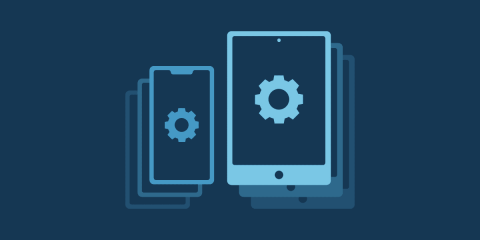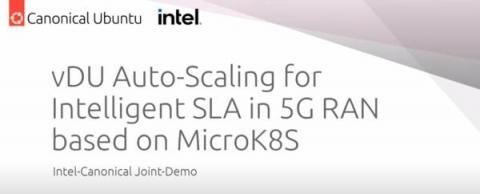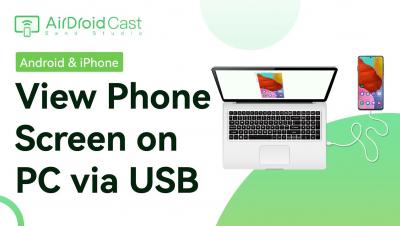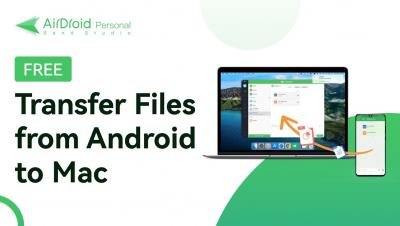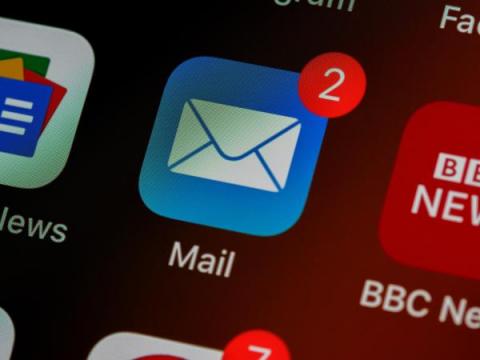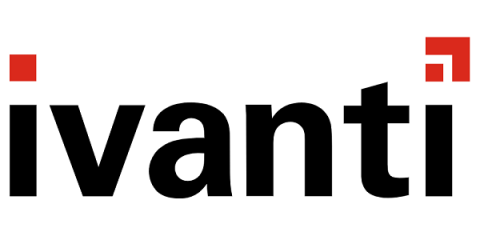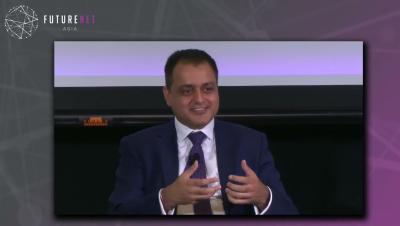Why is Mobile Device Management (MDM) Important?
Today, almost every IT department or MSP uses some form of mobile technology. Even though smartphones, laptops, tablets, and other mobile endpoints are incredibly useful for an organization, they can be difficult to manage. TechFunnel’s article on mobile devices in the workplace announces that one laptop is stolen every 53 seconds, while 7 million smartphones are lost every year.


